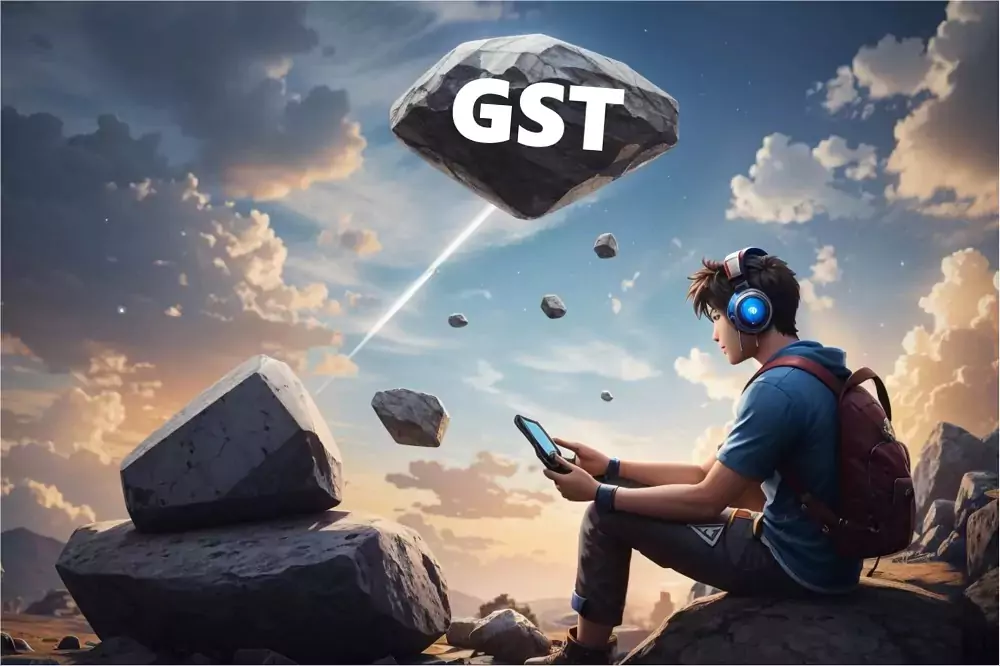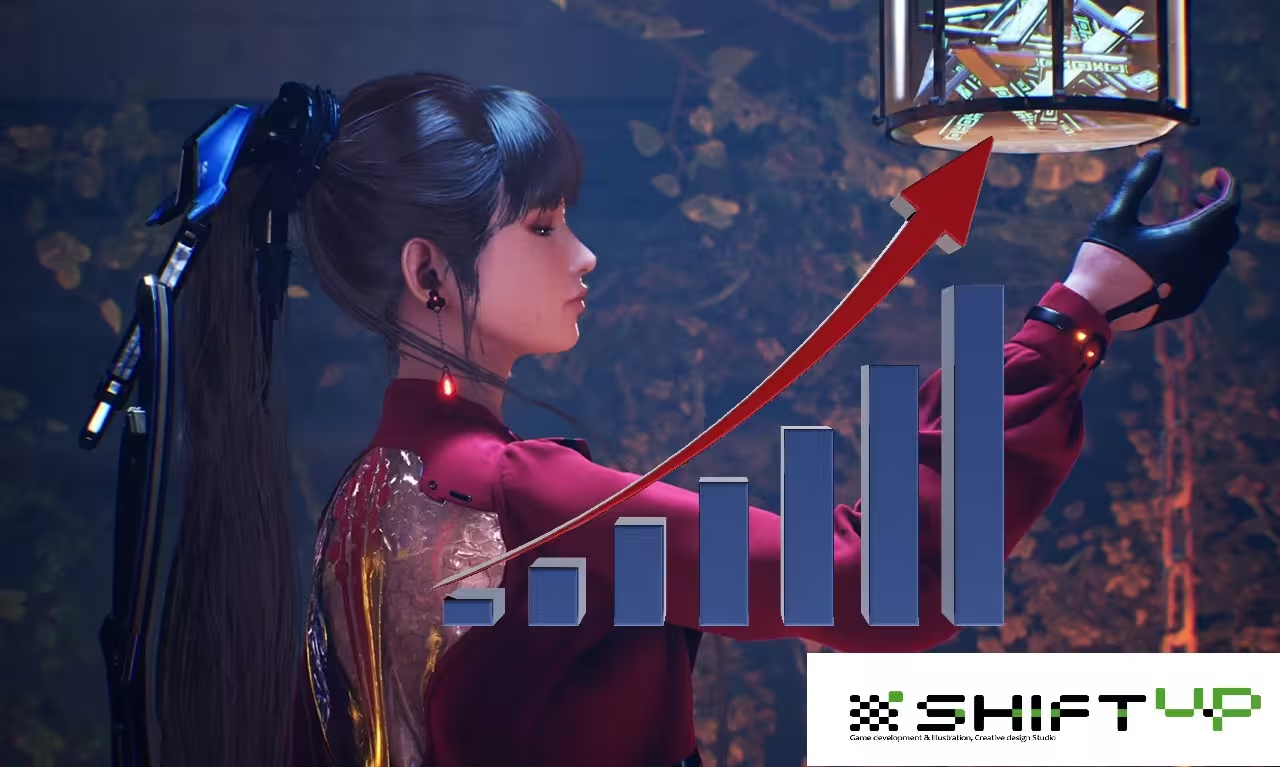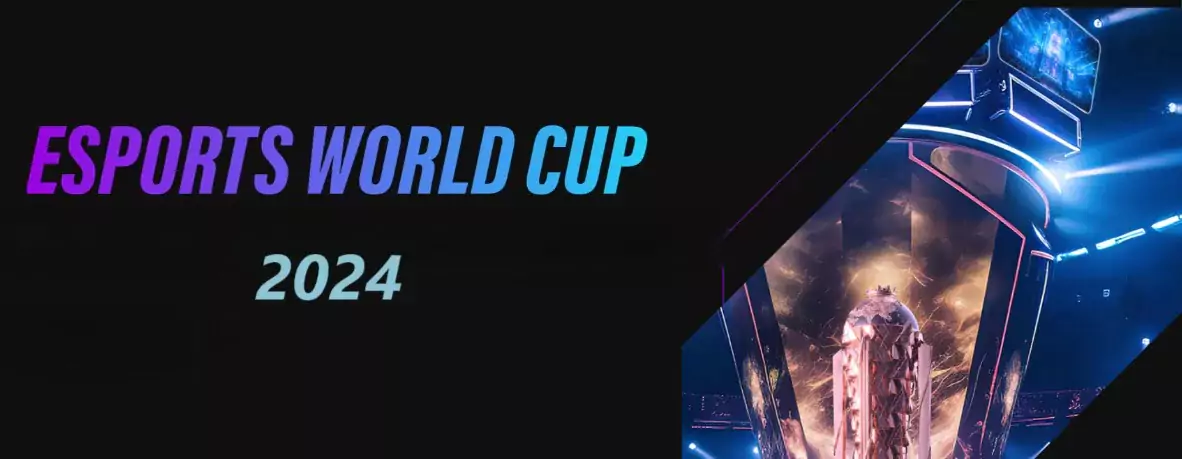In 2023, India witnessed significant changes in its tax policies, particularly regarding the online gaming sector.
The introduction of a Goods and Services Tax (GST) rate of 28% on the Gaming sector has sparked discussions and concerns among both developers and players.
Implementation of GST on Online Gaming
As per GST rules, the Indian Parliament and half of the Indian states need to pass the bill (not everyone) to make this taxation implemented nationwide.
Overall 18 states (out of 31) in India have successfully passed legislative changes to implement a GST rate of 28% on online gaming, horse racing, and casinos.
According to Revenue Secretary Sanjay Malhotra, the remaining 13 states have also agreed to make the necessary changes in accordance with the act.
This move aims to bring these forms of entertainment (as of gambling they mean) under the GST umbrella and regularize taxation across the country.
Concerns Raised by Opposition
Although the government managed to pass the legislation, the opposition has raised concerns about the severity and potential effects of these regulations on the gaming industry.
During a recent 52nd GST Council meeting, Delhi State Finance Minister Atishi argued that such a high tax rate would inevitably have a detrimental impact on the industry.
India’s ₹23,000 crore online gaming industry, startup investments, and the livelihoods of over 50,000 programmers, as well as employment opportunities for millions of youth, are at risk due to unwarranted GST hikes and excessive tax liabilities. If this continues, the youth of our country will fear starting new ventures, and the next Flipkart or Zomato might not emerge from India. I will demand a change in this decision at the 52nd GST Council Meeting to ensure the security of the online gaming industry.
The online gaming industry is on the brink of decline under the burden of new #GST #taxes: Finance Minister #Atishi raises an alarm.
India’s ₹23,000 crore online gaming industry, startup investments, and the livelihoods of over 50,000 programmers, as well as employment… pic.twitter.com/QdPLJkKOMr
— The Times Of India (@timesofindia) October 7, 2023
Government’s Response
On the other hand, Finance Minister Nirmala Sitharaman acknowledged the concerns raised by Atishi and assured that steps would be taken to address the issue.
However, it is essential to note that the central government did not confirm the claim made by Atishi, which stated that tax notices amounting to ₹1.5 trillion had been issued to online gaming companies.
The government clarified that the Directorate General of GST Intelligence (DGGI), an independent agency, was responsible for issuing these notices.
Despite this clarification, online gaming platforms continue to argue that the 28% tax rate will severely impact their viability.
The Need for Consideration
The implementation of the 28% GST on horse racing and casinos can be understandable as they are already considered as a betting industry but for online gaming it differs.
The gaming sector is considered a sunrise sector like AI, Machine learning, and EV, meaning these are future industries and will overtake traditional businesses.
While taxation is essential for revenue generation, it should not suppress innovation or hamper the growth of industries which has tremendous growth potential.
The concerns raised by various states reflect the delicate balance that must be maintained when introducing tax reforms.
As the new tax regime comes into effect on 1 October, it remains to be seen how the online gaming industry will adapt and what measures will be taken to address their concerns.
Only time will tell the full impact of this significant tax policy change on India’s entertainment landscape.
Updated on May 2024:
On April 14, 2024, India’s Prime Minister Modi met with the country’s leading gamers to discuss the Indian game development scene.
In discussion, he stated that regulating the gaming industry would not be ideal and emphasized that it should remain free in order to flourish.
He further said that the government should not impose restrictions under the law, but should understand the country’s needs and bring the gaming industry under an organized, legal structure to uplift its reputation.
Discover more from Gaming Foodle
Subscribe to get the latest posts sent to your email.





